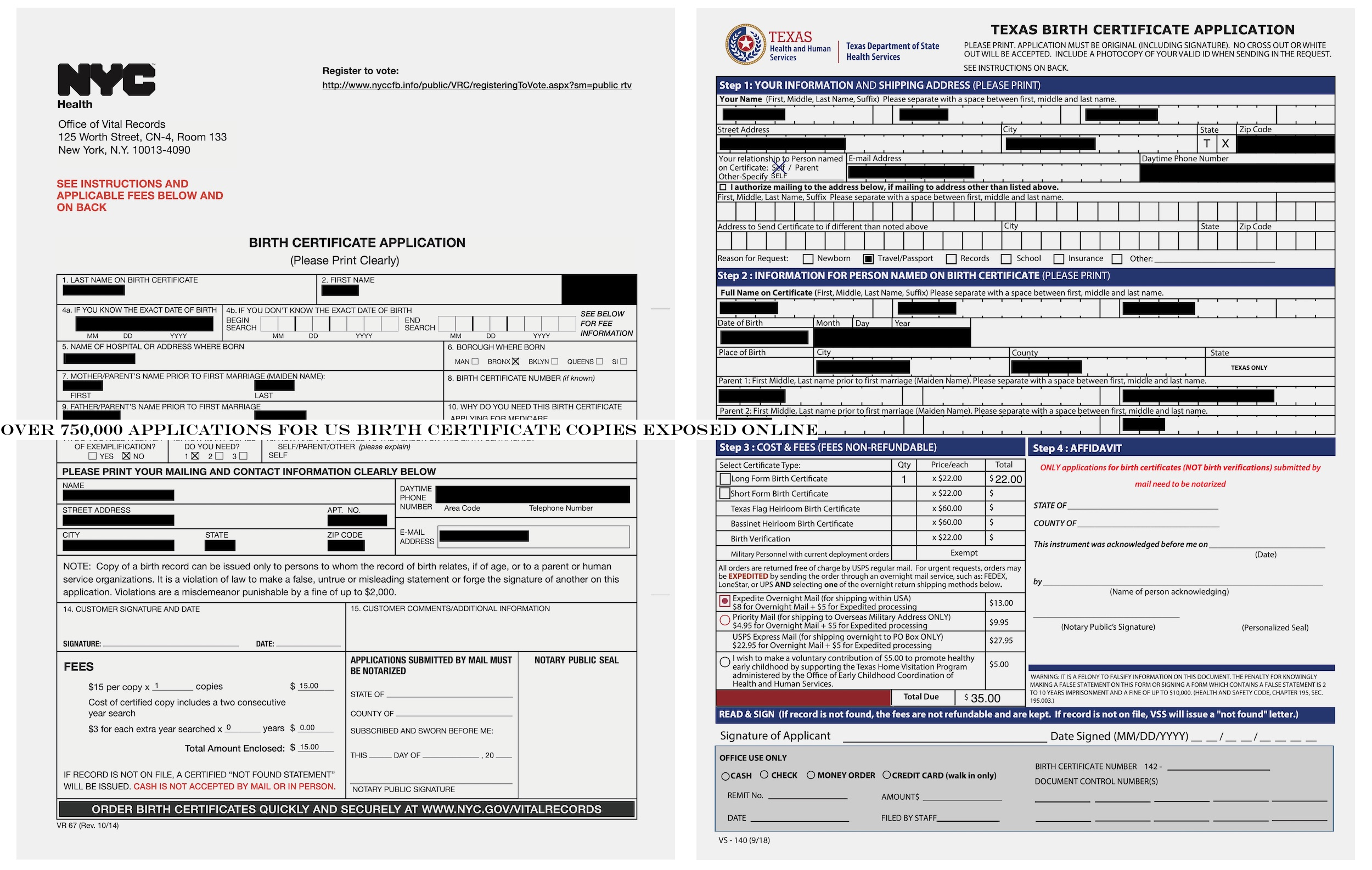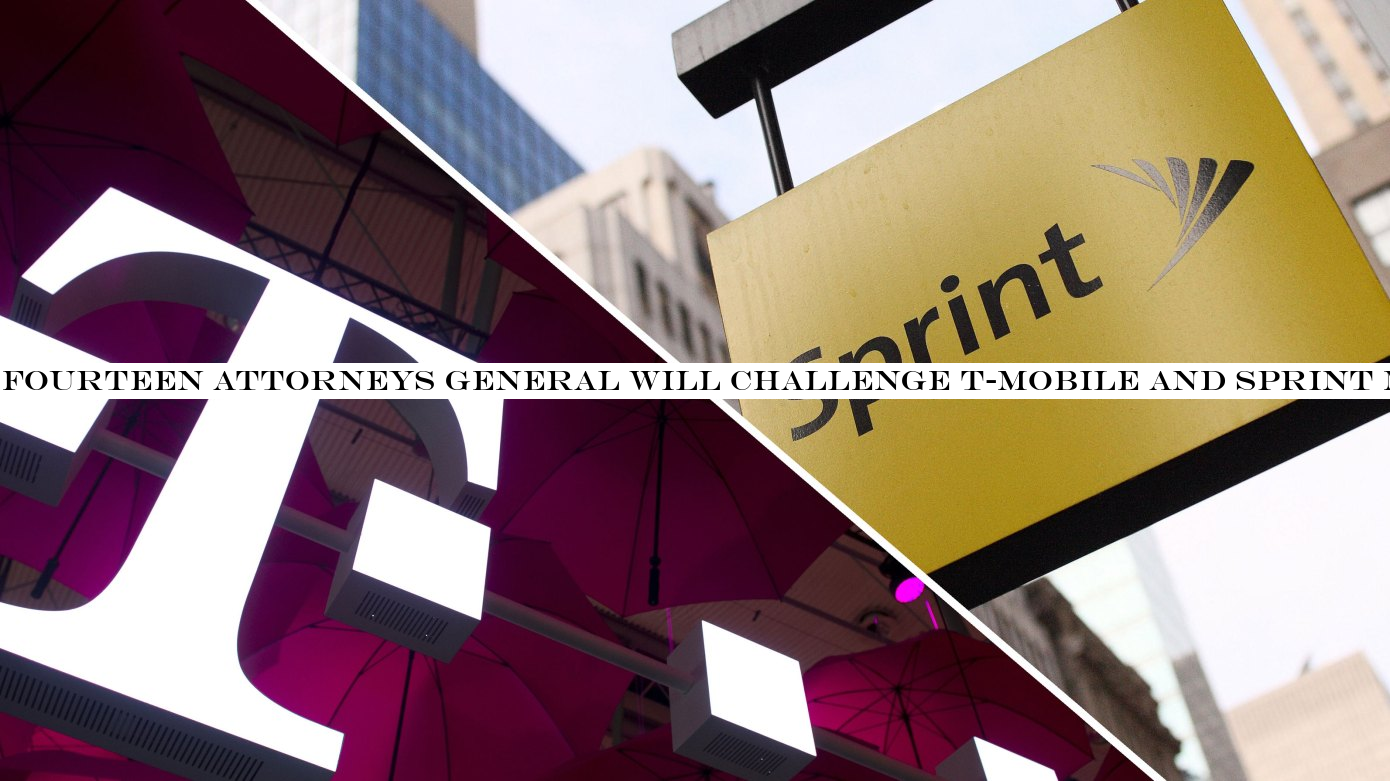Technology
The Daily Crunch is TechCrunchroundup of our biggest and most important stories. If you&d like to get this delivered to your inbox every day at around 9am Pacific, you can subscribe here.
1. China moves to ban foreign software and hardware from state offices
China has ordered the replacement of all foreign PC hardware and operating systems in state offices over the next three years, according to a report in the Financial Times. The government has previously ordered purges of western software, but they were more limited or related to certain security issues.
This time, the goal includes hardware as well, with tens of millions of devices targeted for replacement.
2. Snapchat Cameos edit your face into videos
Snapchat is preparing to launch a new feature that swaps out faces in videos with your own selfies. Some French users received a test version of the feature today.
3. The new Mac Pro goes up for order December 10
When Apple announced the new Mac Pro in June, it left out one key detail — when, precisely the latest version of the high-end desktop would arrive. Now Apple says orders will begin on December 10, although the shipping date remains unknown.
4. In wake of ShutterstockChinese censorship, American companies need to relearn American values
By now, itwell-known that Chinasearch engines like Baidu censor political photography. What we&ve been learning more recently, however, is that it isn&t just Chinese companies that are aiding and abetting this censorship.
5. Will the 2020s be online advertisingholistic decade?
InMarket founder Todd Dipaola predicts that marketers will be held to a higher standard — both by clients demanding world-class performance and proof, as well as consumers who want relevancy, helpfulness and privacy from their brand relationships. (Extra Crunch membership required.)
6. See Atomicomost senior VCs onstage at Disrupt Berlin
Atomico is among the most widely respected venture firms in Europe. And you&ll be able to hear from its leaders at TechCrunchbig event in just a couple of days.
7. This weekTechCrunch podcasts
Equity takes a look at Harlem Capital, one of the largest funds thatfocused on backing minority entrepreneurs. Meanwhile,Original Content reviews the latest season of Netflixhit series &The Crown.&

- Details
- Category: Technology
Read more: Daily Crunch: China cracks down on foreign hardware and software
Write comment (98 Comments)
Early-stage startups have a massive problem: there are way, way too many things to do, and never enough people to do them. Whether itgrowth marketing, or product design, or software engineering or a myriad list of other tasks, something somewhere isn&t going to get done by the founding team and early employees.
And so it is only natural to seek outside help to assist with those tasks, part-timers (and sometimes full-timers) who can add their talent and experience to a companyearly success.
Therejust one problem: consultants are horrifyingly misaligned with startups, as a recent discussion about how to be a great consultant attests. And so if you are going to work with consultants as a founder, there are massive traps you must avoid in order to make effective use of these people.
I&m a big fan of The Browser, an email newsletter by Robert Cottrell which curates a list of five articles a day across the web that Cottrell thinks are the best of the day. One of his selections in a recent issue was part two of a four part series on being a great consultant written by Tom Critchlow, who is adapting lessons from the theater world into the work of being a consultant.
- Details
- Category: Technology
Read more: How to avoid the startup trap of the parasitic consultant
Write comment (99 Comments)An online company that allows users to obtain a copy of their birth and death certificates from U.S. state governments has exposed a massive cache of applications — including their personal information.
More than 752,000 applications for copies of birth certificates were found on an Amazon Web Services (AWS) storage bucket. (The bucket also had 90,400 death certificate applications, but these could not be accessed or downloaded.)
The bucket wasn&t protected with a password, allowing anyone who knew the easy-to-guess web address access to the data.
Each application process differed by state, but performed the same task: allowing customers to apply to their staterecord-keeping authority — usually a statedepartment of health — to obtain a copy of their historical records. The applications we reviewed contained the applicantname, date-of-birth, current home address, email address, phone number and historical personal information, including past addresses, names of family members and the reason for the application — such as applying for a passport or researching family history.

The applications for copies of birth certificates from many U.S. states — including California, New York and Texas — were left online (Image: TechCrunch)
The applications dated back to late-2017 and the bucket was updating daily. In one week, the company added about 9,000 applications to the bucket.
U.K.-based penetration testing company Fidus Information Security found the exposed data. TechCrunch verified the data by matching names and addresses against public records.
Fidus and TechCrunch sent several emails prior to publication to warn of the exposed data, but we received only automated emails and no action was taken. We are not naming the company. When reached, Amazon would not intervene but said it would inform the customer.
We also reached out to the local data protection authority to warn of the security lapse, but it did not immediately comment.
Read more:
- Sprint contractor left thousands of US cell phone bills exposed
- Tuft - Needle exposed thousands of customer shipping labels
- StockX was hacked, exposing millions of customers& data
- Stop saying, ‘We take your privacy and security seriously&
- Capital One breach also hit other major companies, say researchers
- Macysaid hackers stole customer credit cards — again
- Details
- Category: Technology
Read more: Over 750,000 applications for US birth certificate copies exposed online
Write comment (95 Comments)Microsoft has for years promised it would eventually shut down to-do list app Wunderlist, which it acquired in 2015, in favor of its own app, To Do — after it felt the latter was able to offer a competitive experience that included Wunderlistbest features. Today, Microsoft is finally announcing a shut-down date for Wunderlist of May 6, 2020. After this date, Wunderlist to-dos will no longer sync, but users will still be able to import their content into Microsoftown To Do app.
Some Wunderlist users may be disappointed but, to be fair, Microsoft allowed Wunderlist to operate far longer than expected, compared with how most acquisitions of this nature tend to go. And the company prepared Wunderlist users for the appinevitable closure as far back as April 2017.
In the meantime, Microsoft has been working to ensure that users& favorite features — like list groups (folders), steps (subtasks), file attachments, sharing and task assignments — made their way over to Microsoft To Do.
In September, Microsoft unveiled another upgrade for To Do which hinted the Wunderlist shut down could be nearing, with the addition of new backgrounds, smart lists and a personalized daily planner offering smart suggestions of tasks to be accomplished. It also integrated To Do with other Microsoft apps like Outlook, Microsoft Planner, Cortana and Microsoft Launcher on Android.
At the same time, Wunderlistcreator Christian Reber took to Twitter to express remorse over Wunderlistcoming closure, and even suggested he would buy the app back if allowed. Reber wasn&t expressing sour grapes, necessarily, but rather a desire to fulfill his original vision for the app, which included building out features like shared folders and cross-team collaboration, for example. (Reber is currently involved with a new content collaboration startup, Pitch, which he co-founded. So returning to Wunderlist never really seemed feasible.)
Microsoft says it decided to now move to close down Wunderlist because it has stopped releasing new features for the app and, as the app ages, it will become more difficult to maintain. In addition, it wants to at last focus its full energies on making its To Do app the best alternative to Wunderlist.
While Wunderlist to-dos will no longer sync after May 6, 2020, the app will be supported until that time. As time goes on, Microsoft will make no guarantees that everything will continue to work properly after the end date.
Microsoft also says that, as of today, itno longer accepting new sign-ups for Wunderlist in preparation for the appclosure.
To make the switch, To Do users can access the iOS, Android, Mac, PC or web app to use the Wunderlist importer. (A link to the importer is in the Settings.) You also can choose to export lists from Wunderlist to To Do from the Wunderlist app, if you prefer.
Once your content is properly imported, users can switch over to To Do, which now features a similar design following the fall update, but introduces new features as well, like the personalized My Day home screen. In addition, Microsoft Outlook emails and Planner tasks can now be sent to To Do. Meanwhile, a Planned Smart List will show everything with a due date, and this can be configured to only show todaytasks, if you prefer.
&Some of you have been on this journey with us since the very beginning,& said Microsoft, in an announcement. &You, our users, mean everything to us, and we hope that you continue to share our vision and join us on this next step of our journey. You helped us make Wunderlist what it is, and we&d love for you to help us do the same with To Do. Tell us what you love and what you&d like to see added or updated. With our latest additions & printing, smart due dates, and dark mode & you can be sure that we always take your feedback into consideration when building new features,& the company said.
Wunderlist had 26 million installs globally across iOS and Android platforms since January 1, 2014, according to data from Sensor Tower. Downloads since the app was acquired by Microsoft on June 1, 2015 stand at approximately 18.6 million. And in 2019, the app has been installed by 3 million users, down from 4 million during the same period in 2018.
- Details
- Category: Technology
Read more: Microsoft to finally shut down to-do list app Wunderlist on May 6, 2020
Write comment (97 Comments)
The next big thing in robotics and automation just might be construction. Technology has already revolutionized manufacturing and logistics, and now a number of well-funded startups are looking to do the same to the construction industry. This March at TC Sessions: Robotics+AI, we&ll be bringing together a trio of companies that have the industry and investors buzzing.
Noah Campbell-Ready is the founder and CEO of Built Robotics, a startup that has developed a heavy-duty autonomous bulldozer. The system has already been piloted for 7,500 hours, with a perfect safety record. The company raised a $33 million Series B in September, bringing its total up to $48 million.
Tessa Lau is the CEO and founder of Dusty Robotics, a Bay Area-based startup that has developed a robot designed to help automate building layouts at construction sites. The robot is capable of bringing plans to life with extreme accuracy. Dusty raised a $5 million seed round last month.
Toggle CEO Daniel Blank will be rounding out the panel. A new kid on the block, the Brooklyn-based company raised a $3 million seed round in October for robots to fabricate and assemble rebar.
The companies will be joining us onstage at UC Berkeley on March 3 for TC Sessions: Robotics+AI to discuss how robotics and automation will help transform construction sites of the future.
- Details
- Category: Technology
Read more: Watch experts discuss the future of construction at TC Sessions: Robotics+AI
Write comment (92 Comments)
After months of statements, the biggest challenge yet to T-Mobile and Sprintproposed merger kicks off today in a Manhattan court. The trial is the result of pushback from a coalition of attorneys general of 13 states and the District of Columbia, who have raised flags over the proposed $26 billion merging of the countrythird and fourth-largest carriers.
&Today we stand on the side of meaningful competition and affordable options for consumers,& California Attorney General Xavier Becerra said in a statement provided to TechCrunch. &Our airwaves belong to the public, who are entitled to more, not less. This merger would hurt the most vulnerable people among us — leaving consumers with fewer choices and higher prices. We&re fighting in court with a 14-state strong coalition for then, and for all Americans, and we&re confident the law is on our side.&
The AGs contend that such a merger will decrease competition in the U.S. telecom market, by knocking the number of major carriers down to three. T-Mobile and Sprint, on the other hand, have argued that it will do the opposite, suggesting that the companies& pooled powers would better equip them to take on Verizon and AT-T in the rush to 5G.
Over the summer, FCC Chairman Ajit Pai issued an order essentially arguing with the carriers and suggested the deal move forward. &The evidence conclusively demonstrates that this transaction will bring fast 5G wireless service to many more Americans and help close the digital divide in rural areas,& he said in August.
The trial is expected to last three weeks, per The Wall Street Journal, kicking off with todayopening statements. Sprint Chairman Marcelo Claure and soon-to-be-former T-Mobile CEO John Legere will take the stand to make their case against the AGs.
- Details
- Category: Technology
Read more: Fourteen attorneys general will challenge T-Mobile and Sprint merger in court this week
Write comment (100 Comments)Page 153 of 5614

 13
13